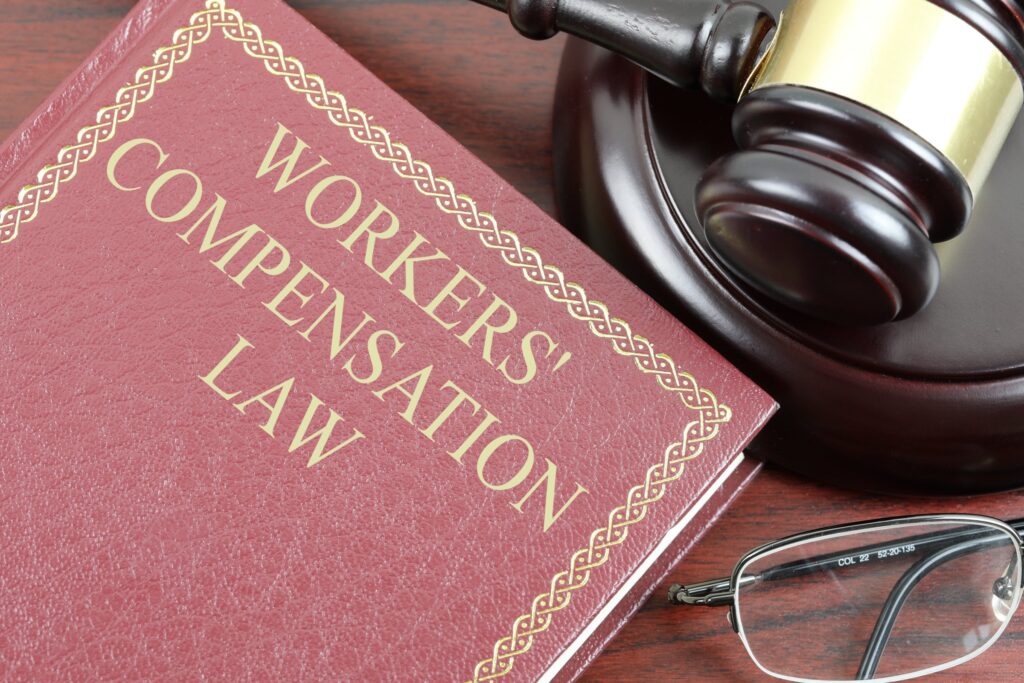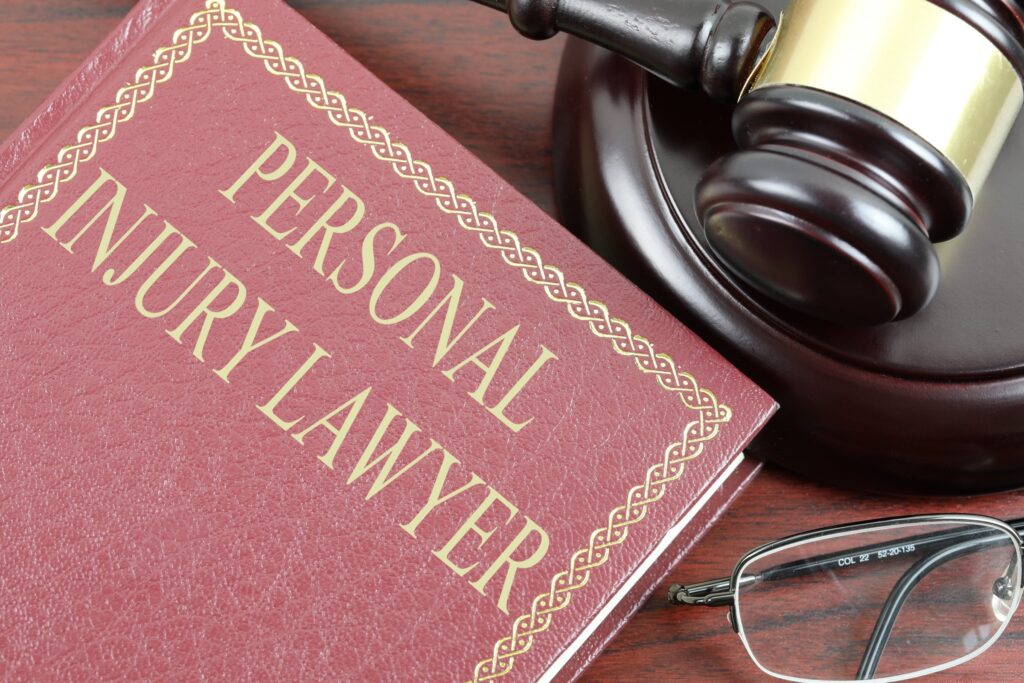An uncontested divorce, often referred to as a simple divorce, is a legal process where both spouses mutually agree to end their marriage and resolve all related issues without court intervention. This approach is typically more straightforward, less time-consuming, and less costly than a contested divorce, making it an attractive option for many couples in Ontario.
Understanding Uncontested Divorce in Ontario
In Ontario, an uncontested divorce implies that both parties have reached a consensus on key matters such as child custody, spousal support, and property division. This agreement is usually formalized through a separation agreement, a legally binding document that outlines the terms of the divorce settlement. Having such an agreement in place can prevent future disputes and streamline the divorce process.
Eligibility Criteria
To file for an uncontested divorce in Ontario, certain conditions must be met:
- Legal Marriage: The couple must be legally married.
- Separation Period: The spouses must have lived separate and apart for at least one year.
- Residency Requirement: At least one spouse must have resided in Ontario for a minimum of one year prior to filing.
It’s important to note that while the divorce application can be initiated before the one-year separation period is complete, the divorce order will only be granted after this period has elapsed.
The Process of Filing for an Uncontested Divorce
- Preparation of Documents: Complete the necessary forms, including Form 8A: Application (Divorce) – Simple (divorce only)/Joint.
- Filing the Application: Submit the completed forms to the appropriate courthouse. As of January 1, 2023, the total court fee for a divorce application in Ontario is $669, payable in two installments: $224 at the time of filing and $445 when setting the matter down for a divorce hearing.
- Serving the Documents: Serve the divorce application to the other spouse, unless it’s a joint application.
- Obtaining Clearance Certificate: A clearance certificate from the Central Divorce Registry is required, which typically takes 4 to 8 weeks to process.
- Finalizing the Divorce: Once all documents are in order and the mandatory waiting periods are satisfied, the court will issue a divorce order. The divorce becomes effective 31 days after the order is granted, after which a Certificate of Divorce can be obtained.
Benefits of an Uncontested Divorce
- Cost-Effectiveness: By avoiding lengthy court battles, couples can save on legal fees.
- Time Efficiency: The process is generally quicker, often concluding within 4 to 6 months.
- Amicable Resolution: Encourages cooperation and reduces emotional stress.
Potential Challenges
While uncontested divorces are simpler, they can become contested if disagreements arise during the process. For instance, if the respondent files an answer with additional claims, such as child custody or spousal support, the divorce may shift to a contested proceeding. To mitigate this risk, it’s advisable to have a comprehensive separation agreement in place before filing.
Seeking Legal Assistance
Even in uncontested divorces, consulting with a qualified divorce lawyer is beneficial. A lawyer can ensure that all legal requirements are met, assist in drafting a fair separation agreement, and provide guidance on financial and custody matters. This professional support helps protect your rights and facilitates a smoother divorce process. Contact Shaikh Law Firm Divorce Lawyers in Toronto for guidance
Conclusion
An uncontested divorce in Ontario offers a streamlined and less adversarial path to ending a marriage. By meeting eligibility criteria, preparing the necessary documentation, and possibly seeking legal counsel, couples can navigate the process efficiently and amicably. For more detailed information on 5 Tips about uncontested divorces in Ontario, you can refer to this comprehensive guide.



